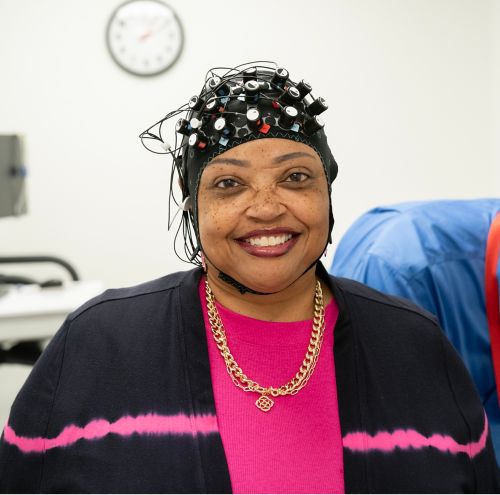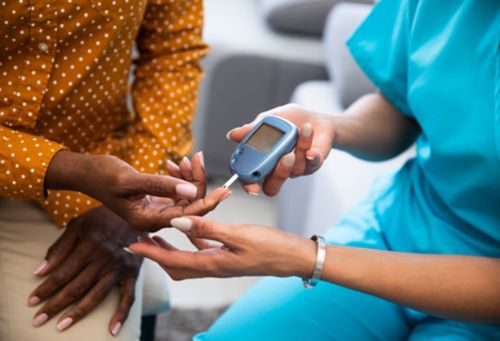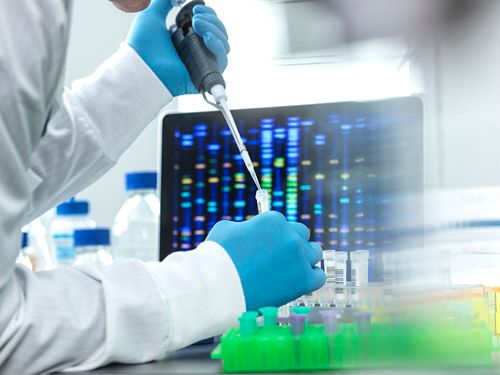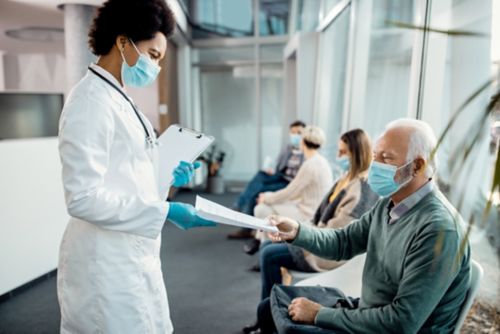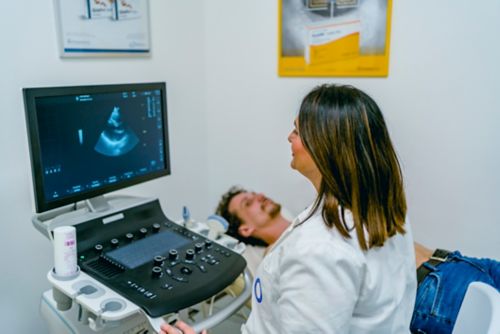Male infertility risk after chemotherapy treatment
More people are surviving childhood cancer than ever before. But survivors may have long-term health problems due to their cancer and treatment. One of these challenges can be problems with conceiving a child (infertility).
Researchers wanted to find out more about how male cancer survivors view their fertility after treatment. They studied 238 male participants from the St. Jude LIFE study who had been treated with alkylating agents, a type of chemotherapy that can cause infertility. The average age of men in the study was 27.
The men answered questions about their thoughts about infertility. The questions asked if the men thought their infertility risk was higher, lower, or equal to those their age who had not had pediatric cancer. Their answers showed how they felt about their infertility risk (perceived risk). The researchers also asked the men if they had tried to get their partner pregnant and if a pregnancy occurred.
For men who thought they had a higher risk for infertility, researchers asked for more information about why the men thought their risk was higher. The researchers then estimated the men’s fertility risk based on how much chemotherapy with alkylating agents they had during their treatment.
The researchers also analyzed the semen (sperm) from the men in the study. They measured the actual amount of sperm the men had (sperm count) and how well their sperm functioned (motility). The researchers determined the study participants’ actual infertility risk based on their sperm analysis. The researchers compared the risk of infertility that the men thought they had (perceived risk) to their actual risk.
Results showed that the men from the St. Jude LIFE study were aware of their actual risk level. Those who had fertility problems knew about them. Most learned about their infertility risk from their health care provider.
About 58% thought they were at increased risk for infertility compared to those their same age without cancer. About 14% thought they were at lower risk than their peers without cancer, while the remaining 28% thought they had an equal risk to their peers. This was similar to their actual risk shown by their sperm studies, but less similar to how much chemotherapy they received.
What does this mean for you?
If you have concerns about your fertility risk after cancer treatment, share your concerns with your primary care provider or with the care team at the center where you got cancer treatment.
Reference:
Ware ME, We RK, Kutteh WH, Webster RT, Delaney A, Yu C, Shelton K, Srivastava D, Taneja S, Sapkota Y, Wang Z, Hudson MM, Lucas J, Armstrong GT, Ness KK, Green DM. Perception of infertility risk vs. objective fertility status in males exposed to alkylating agents but not radiation therapy: a report from the St. Jude Lifetime (SJLIFE) cohort study. J Cancer Surviv. 2025 Apr 2. Read the paper.


